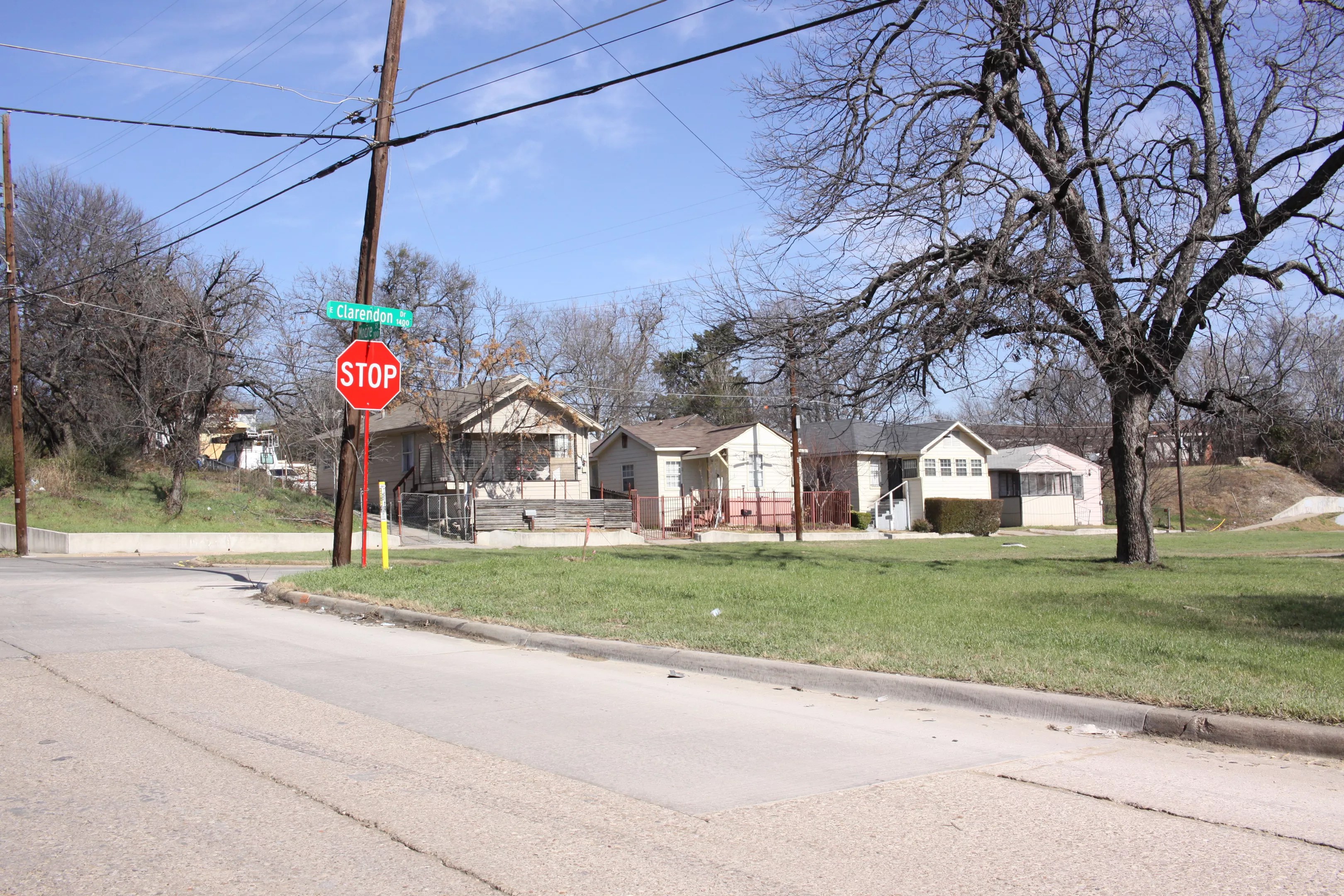
Jacob Vaughn

Audio By Carbonatix
Following its official launch yesterday, the Dallas Housing Coalition has its sights set on the city’s 2024 bond package.
The coalition, made up of more than 60 non- and for-profit organizations, aims to have $200 million in the bond package allocated for affordable housing. That sounds like a lot, but it’s kind of small potatoes when you consider Dallas’ housing shortage and what it would cost to fill it.
Members of the coalition turned out to The Gate House on Reverend CBT Smith Street for an introductory event on Monday.
Bryan Tony, one of the principal organizers for the group, told the Observer after the event that the money wouldn’t be a silver bullet, but it would be a necessary step for Dallas. “[$200 million] doesn’t even meet the need, but it would be a great start for Dallas to invest in housing and make it a priority,” Tony said. “If we don’t take action now, it’s only going to get worse.”
At the event, Ashley Brundage, executive director of housing stability with United Way of Metropolitan Dallas and a member of the Dallas Housing Coalition, put the housing and affordability crisis into perspective with some data. Brundage is also senior vice president of community impact with United Way.
According to Child Poverty Action Lab, Brundage noted, Dallas is lacking some 33,660 affordable rental units for people making at or below 50% of the area median income. At about $200,000 per unit, it would take $6.72 billion to close the gap – a gap expected to grow to over 83,000 units by 2030 if no action is taken.
“I think that we all know Dallas is becoming unaffordable,” she said.
Brundage said that the median income in Dallas is about $58,200 and the average home price is around $405,000.
“Despite recent increases in wages and historically low unemployment rates in the metro area, we still have a high prevalence of low-wage jobs,” she said. “The top four most common jobs in the DFW region have a median wage of less than $40,500. While wages and income levels have steadily increased, they’re being outpaced by rental costs.”
“I think that we all know Dallas is becoming unaffordable.” – Ashley Brundage, United Way of Metropolitan Dallas
Rental costs have increased 60% since 2015, and 33% since January 2020. To afford the average apartment in Dallas on minimum wage, you’d need to work multiple jobs, she said. And to buy a house, your income would have to be around $135,000 a year. This makes homeownership out of reach for anyone at or below 100% of the median income in Dallas, Brundage said.
“That means, when we talk about the need for attainable housing in the Dallas Housing Coalition, we aren’t only talking about teachers and firefighters and police officers who are very important to our city. We are also talking about the laborers in our city that help our economy run,” she said. “… they are being priced out of our city and are not going to be able to live here much longer.”
The Dallas City Council appointed members to a task force that started meeting in May to discuss possible spending in the bond package. Each city department also submitted what it believes it needs from the 2024 bond package.
The latest update for possible bond allocations came in a June 16 memo to the City Council. What the departments and City Council asked to be allocated for housing, and the latest allocation scenario presented in the memo, all fall short of the Dallas Housing Coalition’s goal.
Originally, $125 million of the $1 billion bond package was going to be put aside for housing infrastructure. Both the City Council and the city’s housing department have suggested that number be increased to $150 million. However, the latest possible scenario laid out by city staff in the memo class for only $80 million to be allocated for housing infrastructure.
In the months ahead, Tony said the Dallas Housing Coalition will continue meeting with the bond task force to get that number closer to the $200 million goal.
He said this is a unique opportunity for Dallas that could bring its housing investment up to par with cities like Austin and San Antonio, both of which have approved bond measures to fund more affordable housing. Austin passed a $350 million housing bond last November, and San Antonio approved a housing bond of $150 million in May 2022.
“We have to prioritize giving people a place to live and if we don’t, what we’ll see is that housing gap continue to grow,” Tony said.